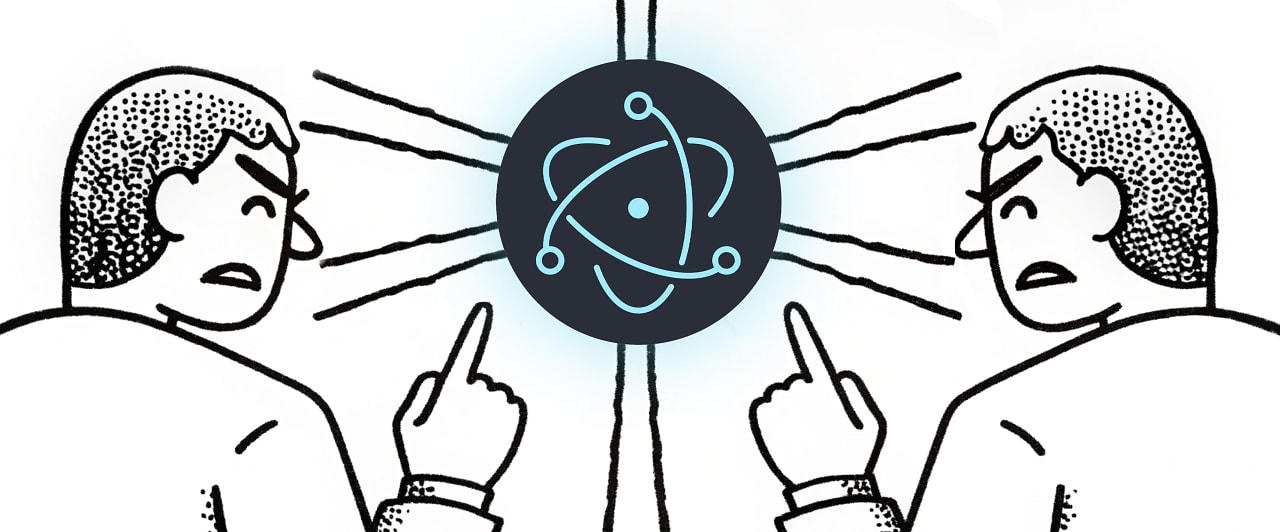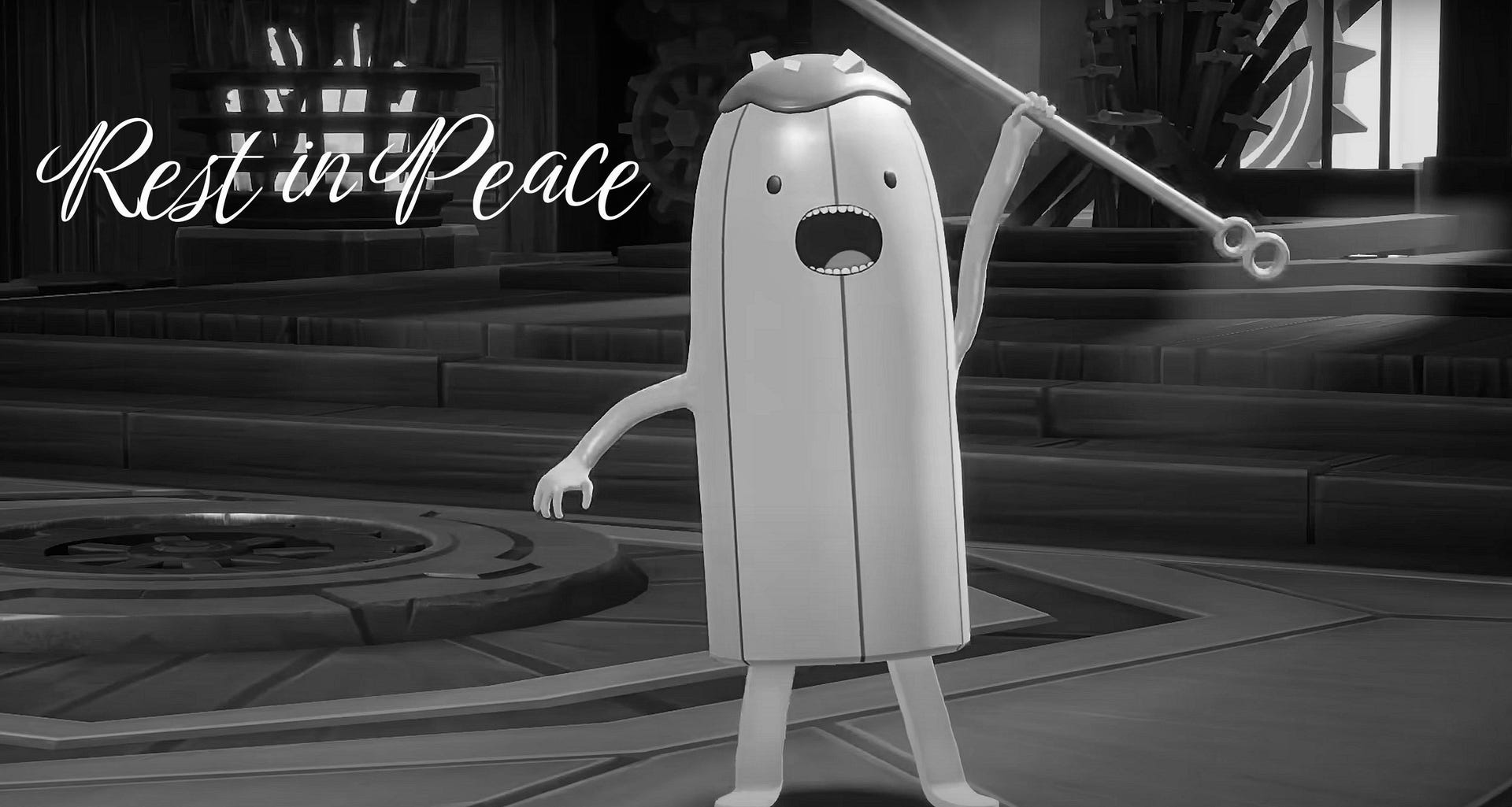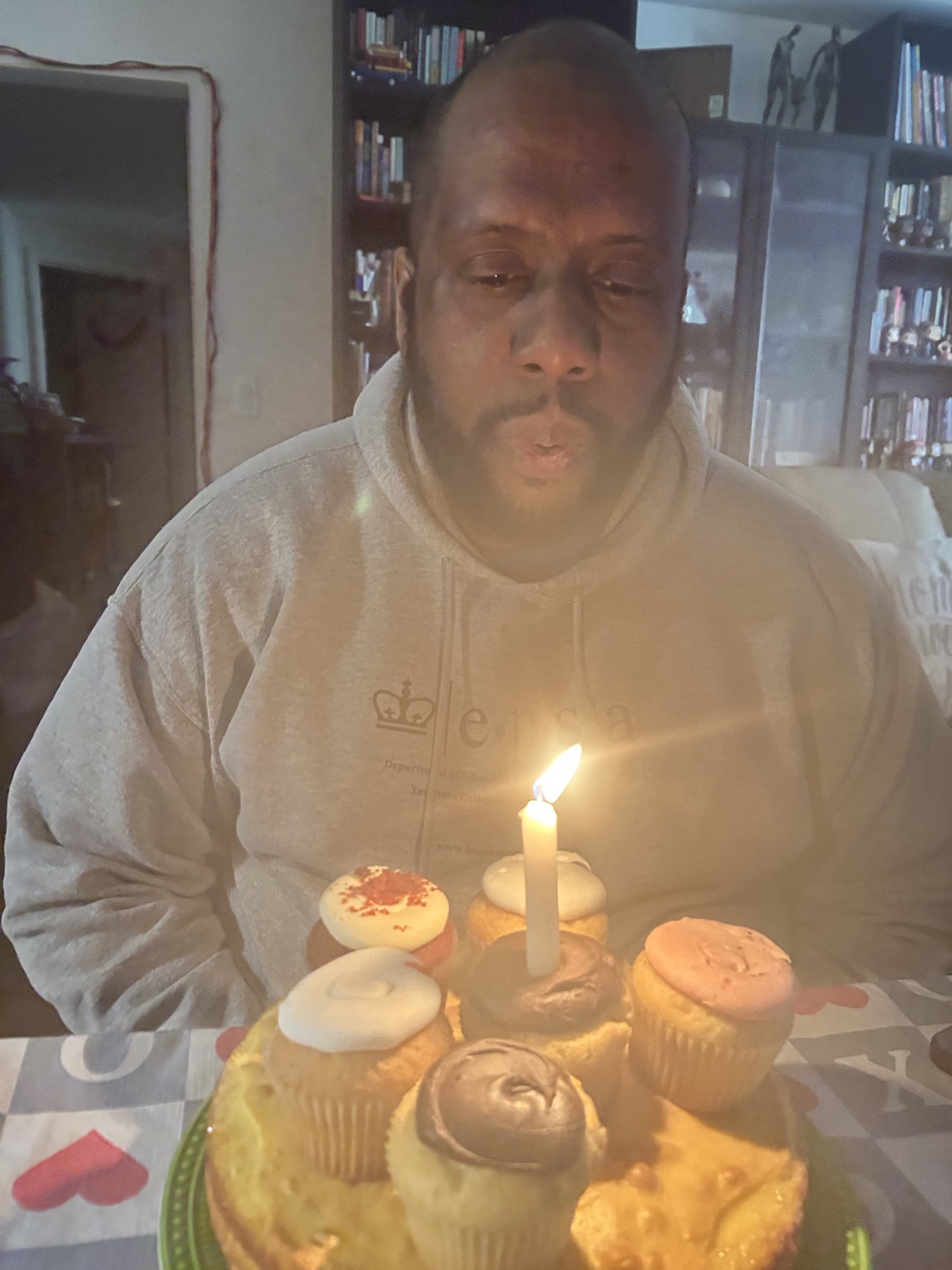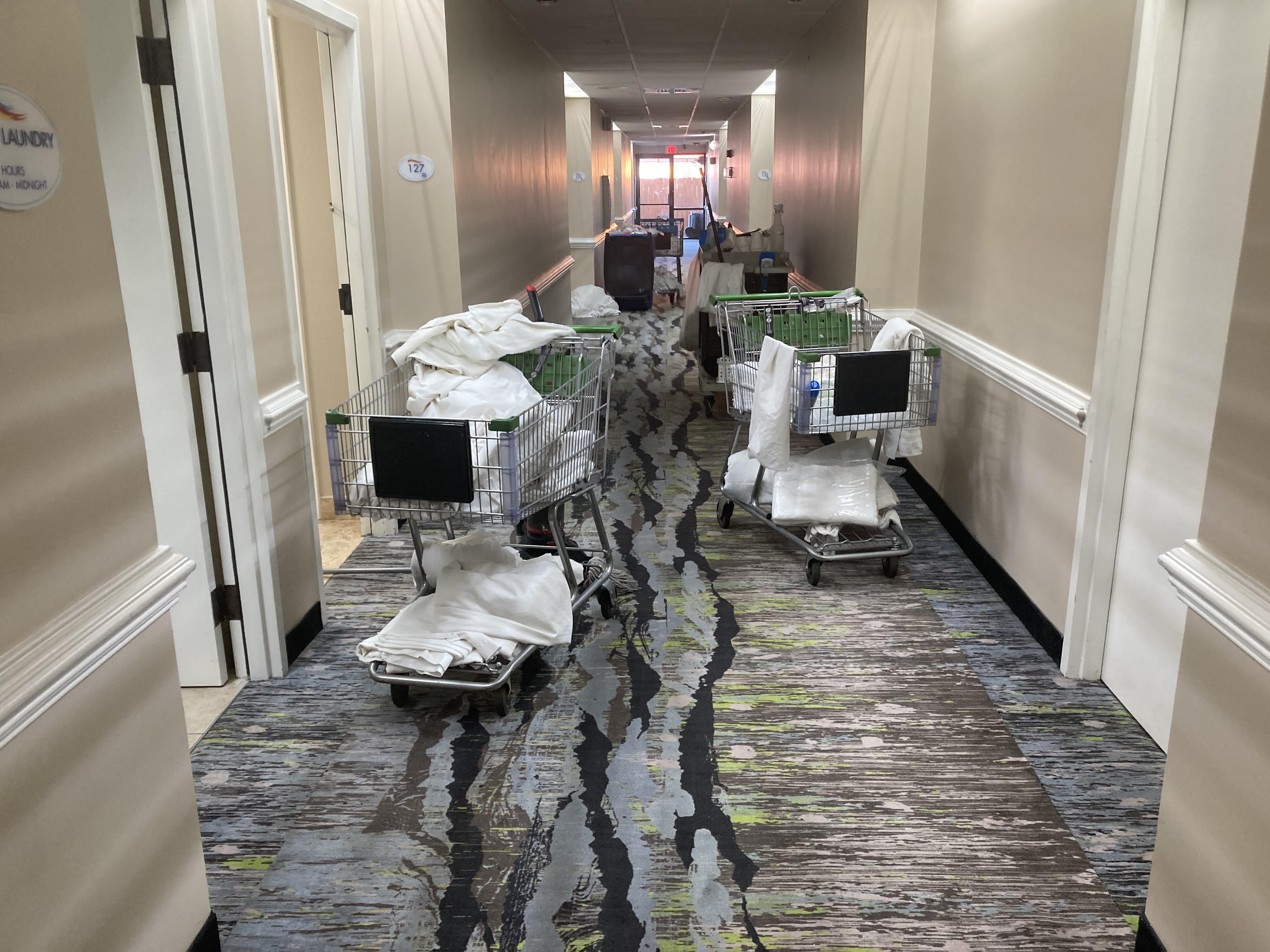What’s wrong with the NHS? – part five
29th December 2023 The underlying forces In the last few blogs, I have been writing about the proliferation of guidelines, targets, and regulatory work in the NHS. Hopefully I have managed to give you a sense of how much time and effort these pile on to everyday work. Time and effort which eats away at […]
29th December 2023
The underlying forces
In the last few blogs, I have been writing about the proliferation of guidelines, targets, and regulatory work in the NHS. Hopefully I have managed to give you a sense of how much time and effort these pile on to everyday work. Time and effort which eats away at clinical time, erodes morale and drives down productivity.
None of this is unique to the NHS. It is not unique to healthcare, and it is certainly not unique to the UK. An ever-tightening regulatory framework is affecting almost everyone, worldwide. ‘Ratchet world’ as I call it.
However, I believe that healthcare, specifically the NHS, represents the highest regulatory pinnacle. The Mount Everest in the target and regulation world. This is because it is driven by three different, but interconnected forces:
- The risks attributed to medico-legal/patient harm.
- Complexity – and the desire to micromanage.
- The size of the organisation.
Medico-legal pressure to record absolutely … everything
In this blog I am only going to start looking at the first of these forces. Medico-legal/patient harm. Even here I can barely scratch the surface.
‘The provision for claims against the NHS increased from £85.2 billion ($108 Bn) to £128.6 billion ($163Bn) n March 2022.’ 1
More and more people are suing the NHS for damages. More and more people are complaining about their treatment, whether or not they go on to sue.
Is care getting worse, or does this represent a rise in complaint culture? ‘No-win no-fee’ lawyers are certainly advertising harder than ever. And if you think your care went wrong, why not sue? There’s nothing to lose, and you could end up several thousand pounds richer. Maybe far more.
Whatever the underlying reasons, complaints clog up the machine, directly and indirectly. Even if they are not ‘successful’, they take up vast amounts of time to resolve. Not that long ago I received a nasty complaint about my poor care for a patient. I was on holiday at the time and could easily prove it.
I still had to spend many, many hours dealing with it. So did my manager, and the complaints team at the hospital. And the unit manager and …One phone call by the General Medical Council was all that was needed. ‘Yes, he was on holiday all week.’
Leaving that to one side. The issue I want to look at here is the downstream, or indirect impact, that the threat of litigation creates. The moment any complaint arrives, management circle the wagons, then pore through the patient’s notes to check that all guidelines and regulations were followed – to the letter.
Was the falls audit done? Were all the Water Lows done? Were all care indicators filled in. Below is an example of a ‘Water Low’ chart. It has to be completed within six hours of admission, repeated if there is any change in the clinical condition, and done at least weekly otherwise, in some cases up to three times a week. God help you if it is missing.
And, no, I don’t know why it is called Water Low. I think it should actually be Waterlow.

There can’t be any gaps in ‘excellent’ patient care. All cups of tea offered, and drunk, with the correct number of sugars stirred clockwise. Everything will be scrutinised. The mantra here, as always, is that: ‘if it isn’t written down, it wasn’t done.’
Recording everything, no matter how unimportant, is how lawyers believe a perfect world should be ordered. Their view is that you cannot possibly defend yourself by saying. ‘Of course I did that, it’s what all doctors do. What we are trained to do. Now, you need to prove I didn’t. I shouldn’t need to prove I’m innocent, you need to prove I’m guilty’… Jurisprudence page one, paragraph one. In England least. [Scots law is subtly different]
When I started out in GP-land, all consultations were written out by hand, and we had seven minutes per appointment. Which included the patient’s agonisingly slow walk along the corridor, trying three wrong doors along the way, taking a history, the examination, making a diagnosis, and writing notes. Then, finishing with a prescription. Along with any friendly chat.
If someone had a cough, and possible chest infection, the entire consultation could be written up as. LRTI. Rx Amoxicillin 500mg TDS. Review 1/52 if symptoms no better. MK. 12/6/1993
[Translation: Lower respiratory tract infection. I prescribed amoxicillin 500mg three times daily. I advised the patient to come back in a week if symptoms were no better. My initials and date at the end].
This would now be considered indefensible medical practice. Why did I fail to record the respiratory rate, the oxygen levels, the blood pressure, what did I hear in the chest? Were there signs of possible sepsis, and on and on and on.
You know, if there had been anything important to find, I would have written it down. And if I believed the patient was ‘proper’ ill, I would have sent them to hospital. Or asked them to come back in the next day to make sure they were not getting worse. But no, not now. All shall be written down.
Inexorably, we have ended up with endless drivel in the notes, from all and sundry. ‘I went into the room and introduced myself as George, a physiotherapist. I checked how the patient would like to be identified. They said their name was Mabel, but they like to be called Iris. They consented to my examination ….’ And on, and on. Names changed for patient confidentiality.
In my view anyone writing nonsense like this inpatient notes should be taken to one side and told, in no uncertain terms, to stop writing this bilge … right now, immediately, and never do it again.
It is a complete and utter waste of everyone’s time. It is not clinically relevant in any way. It also makes it almost impossible to find anything that might be important buried in there somewhere. Such as, what you thought was wrong with the patient, what you actually did, and what happens next, and anything you would like me to do …George.
However, management absolutely love this exponential expansion in record keeping. Indeed, they want more, and more … and more. When a complaint comes in, they can point to this endless verbiage.
The chest was examined for fifteen minutes, all negative findings meticulously recorded. Nothing was actually found anywhere else, meticulously recorded. Although they complained of a headache, I spent ten minutes examining their abdomen, all recorded.
I do not want to know what is ‘not’ wrong with the patient. I want to know what is wrong with the patient. This nonsense comes to a head with NHS 111. This is the service that patients can call, outside of GP surgery opening times. If they are unwell, but do not need an ambulance.
NHS 111 staff record everything, every breath taken. They are especially keen on capturing information about what the patient does not have wrong with them. The patient had not suffered a head injury, the patient was not pregnant, and on, and on.
Their reports now run to nineteen pages, with a great deal of information about what the patient did not have. Sitting on the receiving end, I do not even bother to read them. Because it is almost impossible to find out why the patient called in the first place.
It will be in there somewhere. But it should be page one, line one. ‘The patient called the service because they had a bad headache.’ This may be buried on page five. After two pages recording when the patient called, who took the call, when it ended, what phone numbers were used. What service the patient was referred to, by whom, when. Sigh. Followed by another two pages of conditions that the patient does not have. The patient was NOT hit by an asteroid.
When the patient arrives in my room, having been directed to see a doctor by NHS111, I just ask. ‘What seems to be the problem today?’ They always look aghast. ‘But I have already told NHS 111 all this.’ Yes, but there is not the time in the day for me to read such endless, pointless, garbage… I think this, but do not say it. I just smile in a kind and reassuring way. Whilst snapping a pencil in two under the desk.
The function of medical records is not for them to be written in such a way that they can be used to defend against litigation. It is to pass clinically important information between medical professionals, to enable them to do their job better. Therefore, it must be brief – and to the point.
Try saying that to a manager in the NHS. It is a concept so alien to them, that they almost certainly cannot understand what you just said. Blink! Hard disk reset.
I was recently told that I should write something in the patient notes, every day. Such as what? ‘Clinically, the patient is exactly the same today as they were yesterday. So I didn’t examine them, or prescribe anything.’’ What of patients attending hospital out-patients for a review when I go to see them? ‘The patient was not in the unit today, so I do not know if they are clinically unchanged since yesterday.’
Is that the type of thing you’re looking for?
Yes, was the answer.
Can we row this back?
Perhaps we could start with Winston Churchill who, as always, puts it best.

Churchill knew, as we all know, that pages of meaningless guff serve only to block effective communication. For example, the notes that arrive with patients from the local hospital are, still, written out by hand. It is literally impossible to gain any useful information.
If I do manage to raise the enthusiasm to read them, I find that I often have no idea why the patient was admitted, what happened to them, or why. But, by crikey, you need to go the gym regularly to lift them.
Brevity is what we need. But endless recording, of everything, is what we get. Along with a massive increase in the ‘everything else’ that simply must be done. It is a great burden to carry. It gets heavier every day. It is driven by a number of forces, but the strongest driver is litigation, and the threat of future litigation.
My estimate, plucked from thin air, is that ninety per cent of what is written down is never read by anyone, ever again … ever. The only time anyone shows any interest is if there is a complaint. Then, the interest becomes obsessive, and the management demand that ‘everything’ must be recorded grows.
My other estimate is that medical staff now spend far more time writing, than doing. ‘Doing’ meaning clinical work. Looking after patients – perish the very thought. I have idly tried to work out how much time the physios in our unit spend writing vs. doing. I think it is currently around 80:20.
And what do patients and relatives complain about most? It is almost always that no-one had any time to look after them or pay attention to their needs. I have yet to hear of anyone complaining that medical staff did not spend enough time writing in their notes.
My prediction would be that, if we spent more time doing, and less time writing, there would be far fewer complaints. Because more care could be provided, the patients and relatives would be happier, and so would the staff. Improving morale, and thus patient interaction.
However, this will not happen until we decide to turn the burden of proof round though one hundred and eighty degrees. As I may have mentioned a few times, the current mantra is that ‘if it is not written down, it was not done.’
My counter-mantra would be. ‘We are highly trained professionals, you (Mr Lawyer) need to prove that we did not do our job, properly.’
This does not mean that you can get away without recording anything at all. Clinical notes are still needed. But they need to be clinical notes that are of use to fellow clinicians, not lawyers.
NHS 111 reports should be a few lines max. ‘Mr X has had a cough for three weeks. He reports that is bringing up green sputum, he recorded his temperature at 38.5⁰C. Chest feels tight. No other relevant symptoms. Past medical history of asthma and COPD. Has not yet seen a GP.’’ The end. I need no more than this.
Imagine such a thing. A note that Winston Churchill might have approved of:
‘The discipline of setting out the real points concisely will prove an aid to clearer thinking.’ 1: https://resolution.nhs.uk/2022/07/20/nhs-resolution-continues-to-drive-down-litigation-annual-report-and-accounts-published-for-2021-22/#:~:text=The%20amount%20spent%20on%20claims,billion%20to%20%C2%A3128.6%20billion.













![From Gas Station to Google with Self-Taught Cloud Engineer Rishab Kumar [Podcast #158]](https://cdn.hashnode.com/res/hashnode/image/upload/v1738339892695/6b303b0a-c99c-4074-b4bd-104f98252c0c.png?#)
































































